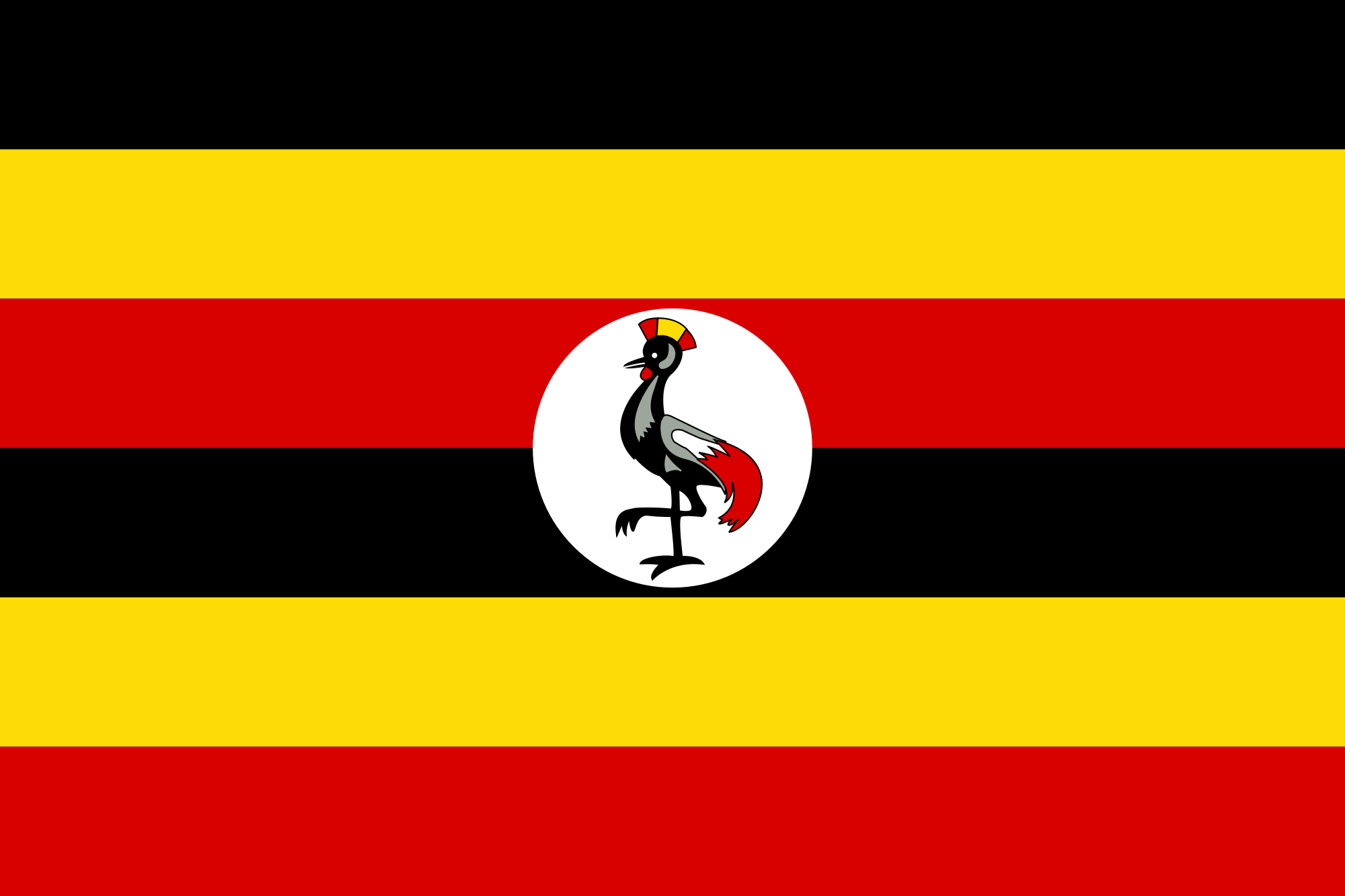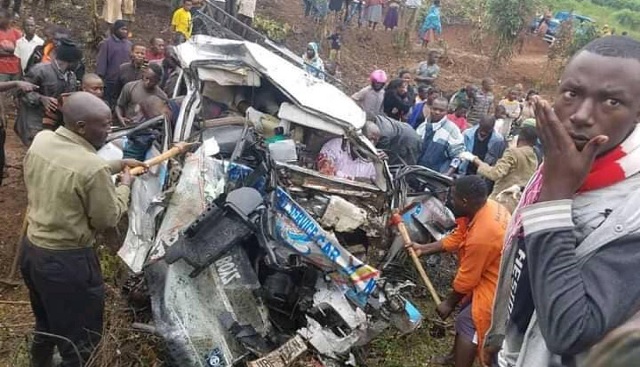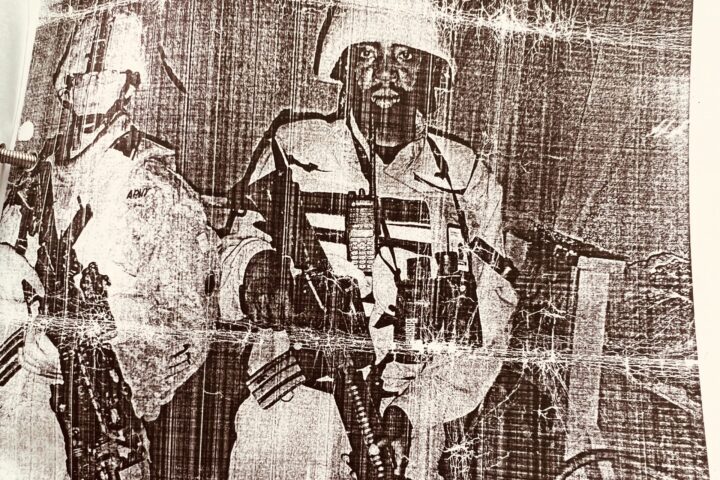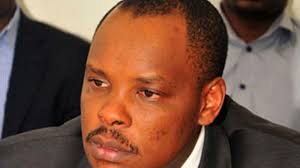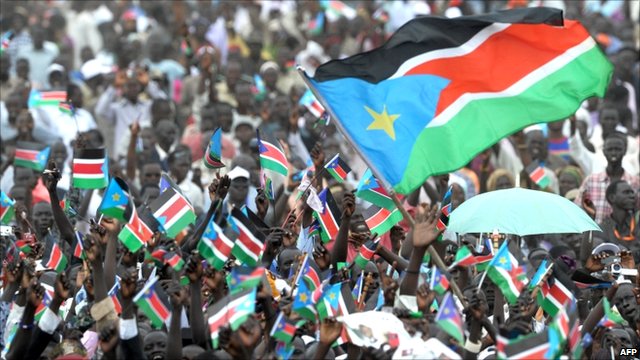- Uganda’s oil sector: There will be few surprises when two oil bills are tabled before the Ugandan Parliament in February. The bills are already late after the Parliament read the Executive the riot act in 2011. Both bills have been considered by the cabinet. They are the Petroleum (Exploration , Development and Production) Bill 2011 and the Oil ( Refining, Gas, Processing, Transportation and Conversion) Bill. Together they are the two upstream bills. A third piece of legislation often referred to as the revenue management law is also in play. Its unlikely ( even if work has been done on a draft) that a separate revenue law specific to the oil sector will be tabled. Instead my expectation is that the government will repeal the Public Finance and Accountability Act and replace it with a law, which caters for all the revenue aspects of the Production Sharing Agreements or PSA’s. This move, which is more probable, will likely be the most controversial as it will demonstrate a philosophy in government that oil revenues should go through the normal budgeting process. A senior person involved with it put it thus “ money from oil is like any other money including revenue from taxes or donor aid”. Analysis of the laws will be available here shortly
- Parliament: After the events of last year, the historic recall of Parliament to for the “oil debate” and later the aggressiveness with which the House pursued ministers accused of graft, it can be expected that Mps will return from their break ready to censure someone. The resignation of Hon. Kabakumba Matsiko essentially postponed this event. Censure appears to be the psychological line Mps want to cross in their battle against graft. Most importantly they also see it as an important weapon against the Executive. Its difficult to predict whose head will be on the chopping block. The cabinet is large, corruption is pervasive so the mathematical probability is high it could be anyone. Some low hanging fruit however include the former Minister of Finance Syda Bhumba whose recent finger pointing at the Executive may have made her fair game.
- Cabinet. Before March a real possibility is a cabinet reshuffle. The logic of a reshuffle has been around for a while. Firstly it would be to remove frontbenchers considered risky in light of a restive house. This has already been attempted by the injection of Deputy PM Moses Ali as Leader of Government Business as the PM- Amama Mbabazi faced accusations of impropriety (basically a parliamentary coup against him complicated by poor relations with House Speaker Rebecca Kadaga). A new look cabinet has been something the Executive has not managed since the 2006 elections. The electorate has helped replace the cabinet with new faces but not much spark. It’s also possible that a reshuffle within cabinet will be essential to strengthening the hand of the Prime Minister Mbabazi. This last year word of brazen voices challenging his authority and that of the President has seeped out of the corridors of power. If a reshuffle brings in newbies, and he stays, it is likely that like parliament it will be targeted at controlling the cabinet and hence the government – after the havoc wreaked by rebel Mps.
- Army Promotions in the army recently pre-empted this posting. I got scooped by the official announcement. However their logic has not been explored. In the course of the year one can expect, as appears to be the trend, that younger officers (many of who owe their rise to the pace of their training) will be promoted.. The new generation led by Lt Col Muhoozi Kainerugaba, the chief of the Special Forces Group have been on an ascendancy reflecting ironically a much faster generational change within the disciplined forces than other sectors of Uganda’s body politic. A shakeup of the gazetted intelligence organizations ( there are two; internal and external security organizations) has been mooted for a while, and has been the subject of tabloid speculation, following the non-renewal of various contracts for senior positions. The recent promotions for that matter reflect areas of emphasis- at least that is one way to look at it.
- Within the region– the military/political establishment will try and gain control of the narrative on both Somalia and DRC, where the hunt of Joseph Kony with American government help will gain pace. The problem with that operation is that while LRA and Joseph Kony is it’s stated target, the regions problems will eventually overwhelm it. It does not make sense to maintain Kony as a target when the security situation his evacuation from the battlefield is intended to fix will likely continue without him. Consequently the myriad rebel groups in DRC, CAR and the fluid situation in South Sudan are pressing security concerns more so than the symbolic death of Joseph Kony. In Somalia – focus will be on a military situation that advances a political agreement. For now however Ugandan engagement in these fields will remain unchanged and perhaps even deepen. Security policy in Uganda is driven loosely on what some academics refer to as “regime maintenance and survival” but externally more broadly on servicing allies and protecting Uganda’s petroleum industry located at the border with DRC and therefore affected by the situation there.
The pocket list: Part One: 10 things to watch out for in 2012 in Uganda
